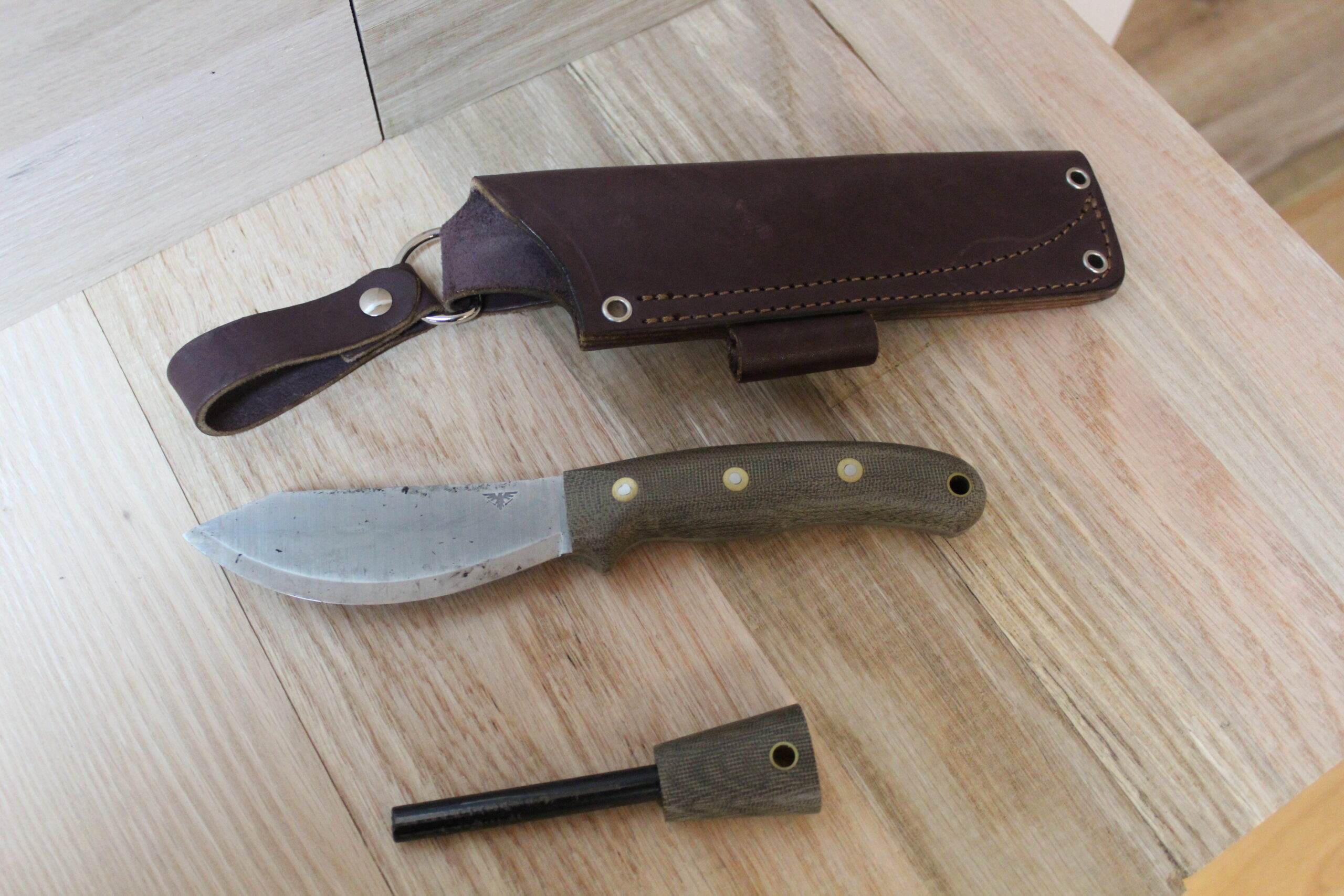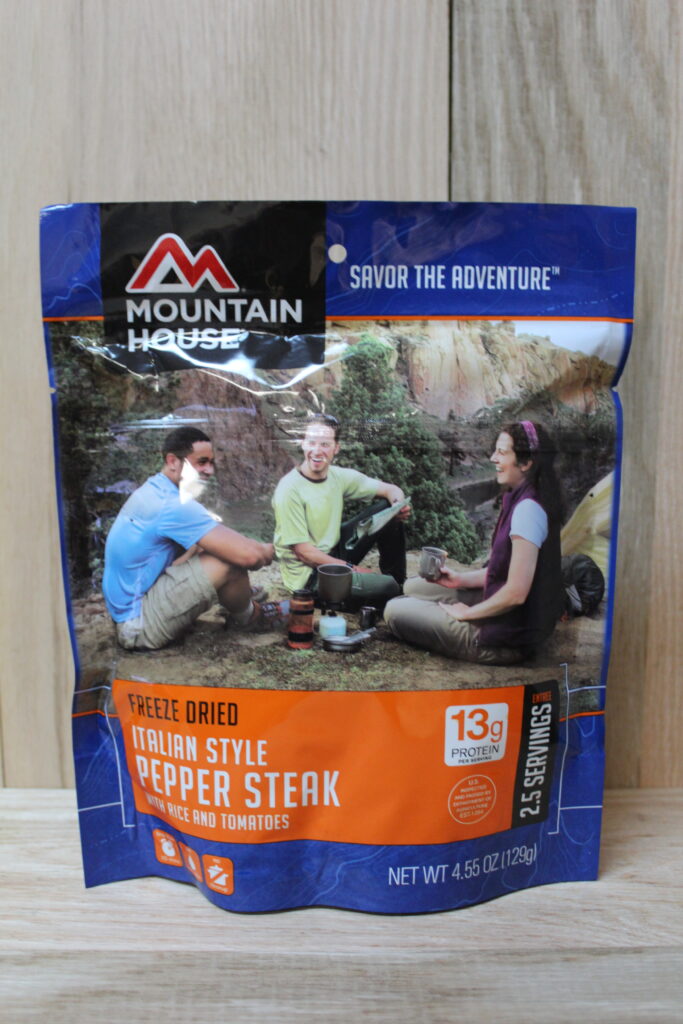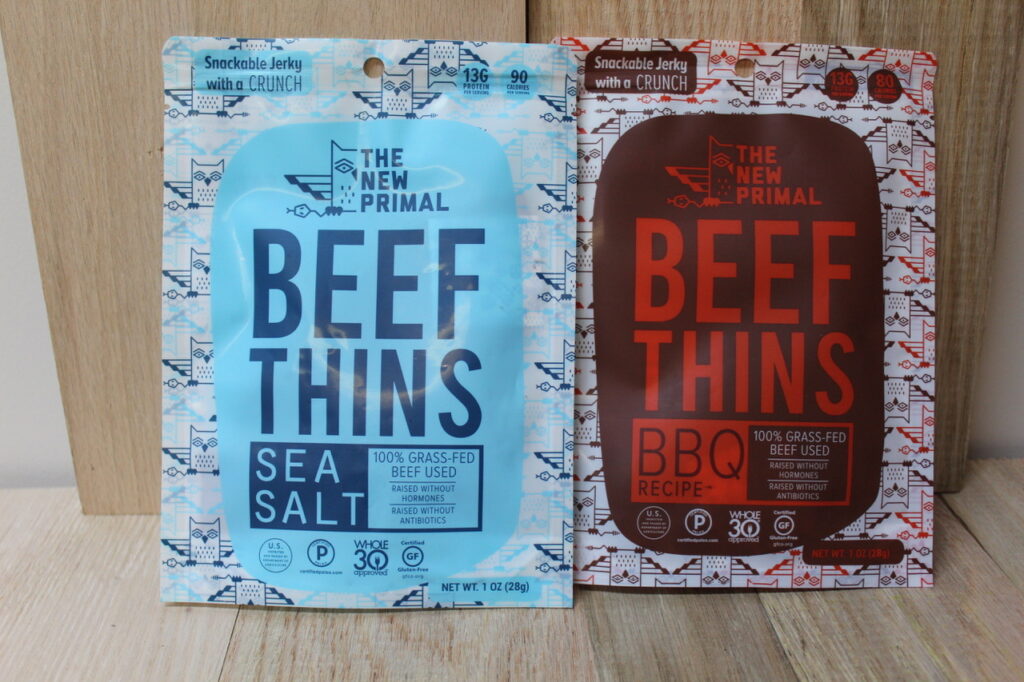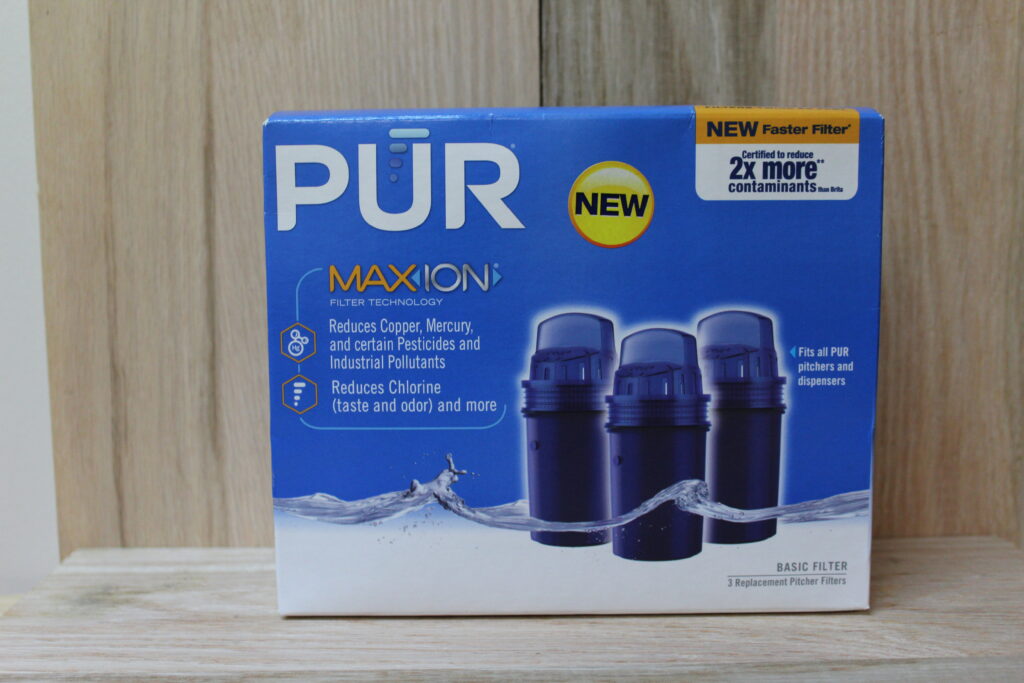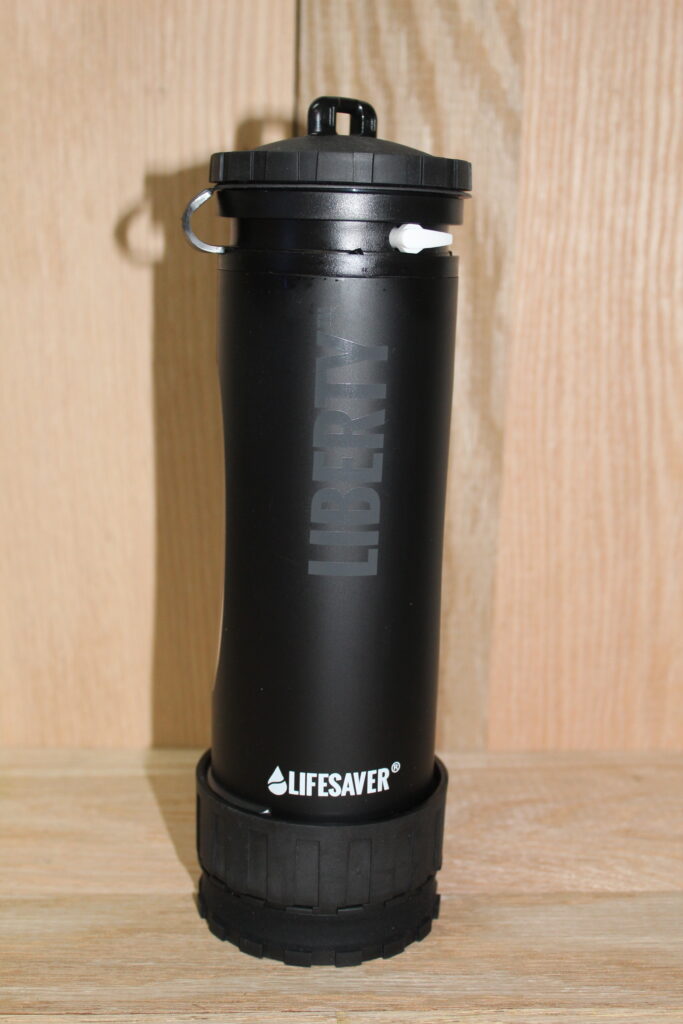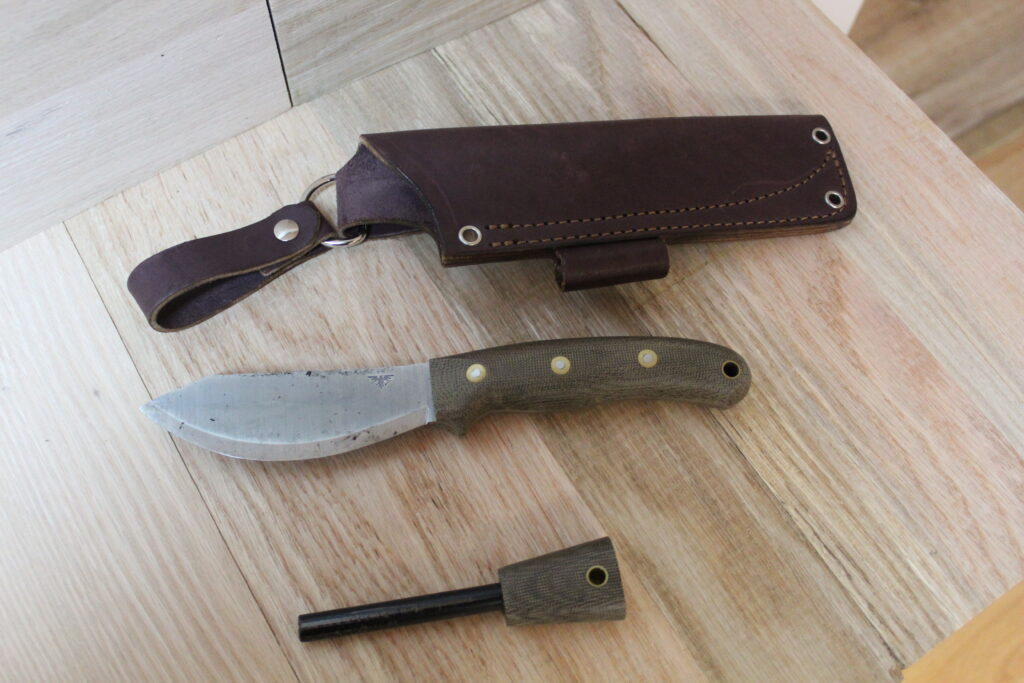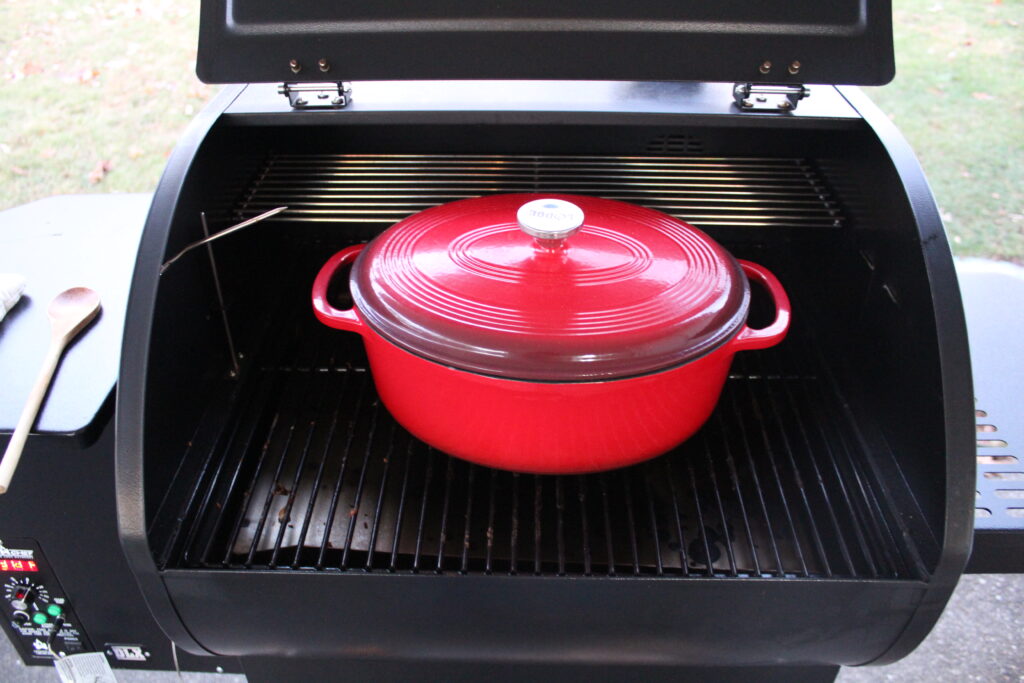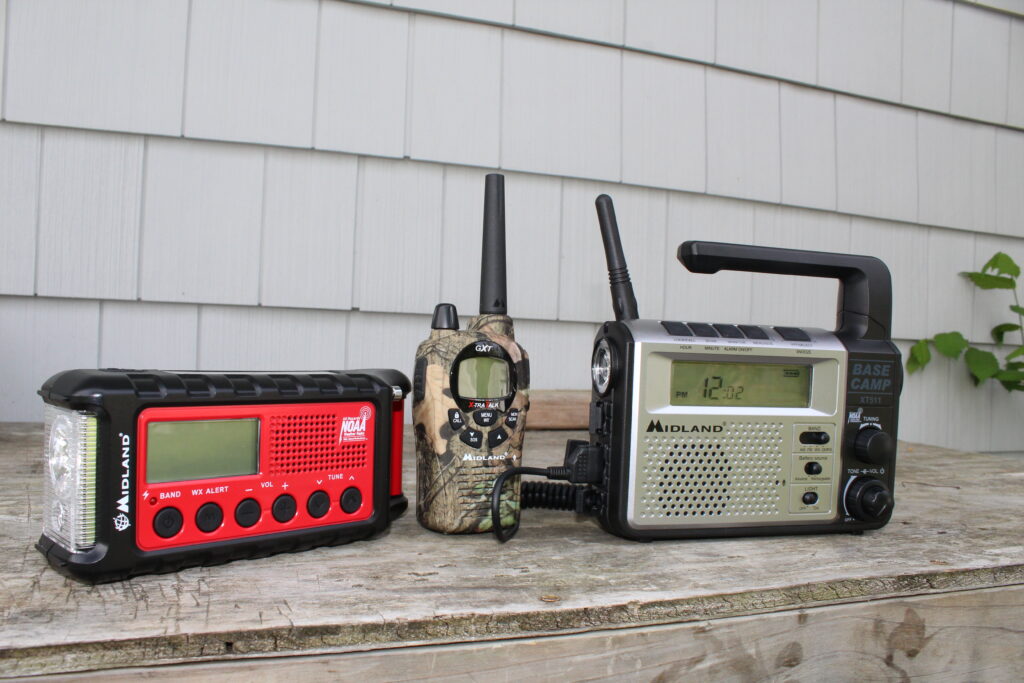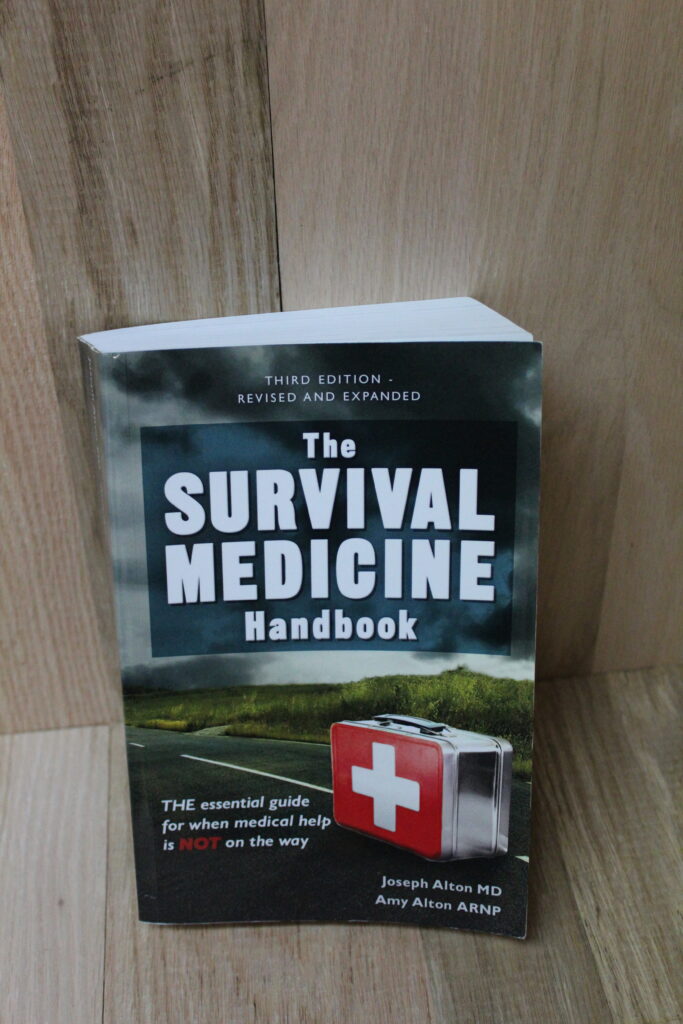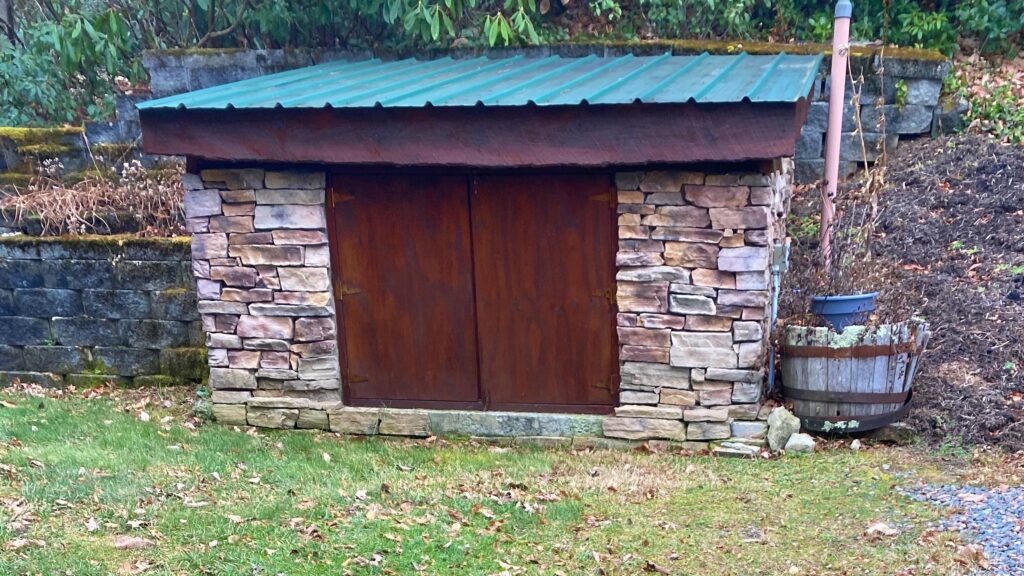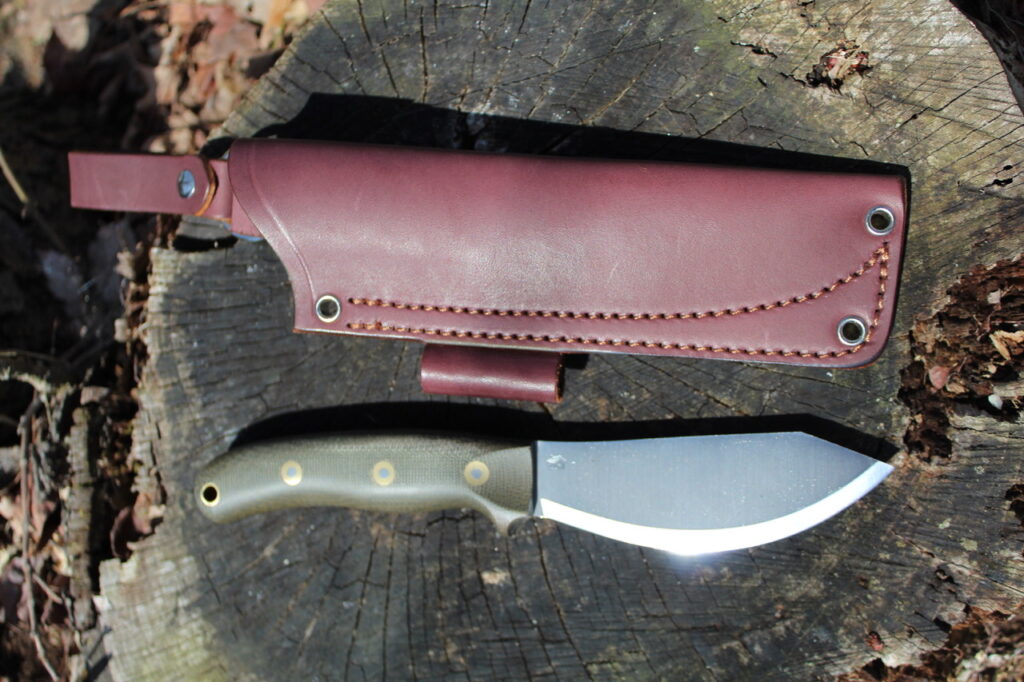By Dana Benner
Growing up I was taught to live by the four basics; food, water, shelter and fire. These are all the things you need to stay alive. Over the years our lives have become more complicated. What were once considered “extras” have now become the norm. The “basic” list has grown to include communication, medical, transportation and navigation. A daunting list of things to be concerned about to say the least.
Understand Your Environment:
At the top of my list of “musts” is understanding the environment. All the fancy stuff in the world will do you no good until you do that. It doesn’t matter whether you live in an urban or rural area; the idea still applies. Know where to find food and water. Know where medical help can be found and how to get there. Locate potential areas where additional resources can be found and know possible evacuation routes if you have to leave in a hurry. Take a course or read books to find out what kind of natural resources you have available. Education is the key.
No matter where I am, or plan to be, survival is always on my mind. I try to learn as much as I can about the environment that I may find myself in.
Shelter:
My home is the main shelter for me and my family. It is where I have the resources where I can keep my family safe until the danger passes. If I am not home, at least I know my family will be safe.
When I am on the road I usually travel light. I observe the area and locate those natural resources needed for shelter building. While I can use my truck as an emergency shelter if needed, I also carry a tarp which can quickly be turned into a lean-to or makeshift overhead cover.
Cordage:
Cordage, whether it is rope or paracord, is a must have in the home, in your bag or in your vehicle. Sadly, it is one item that is overlooked in many people’s survival gear. The number of uses for cordage is limitless; from shelter building to making emergency bindings for snowshoes and clothesline. Of all the gear out there, cordage is one of the least expensive and the most valuable of them all.
Food:
In my home there is always a 30 day supply of dried, dehydrated and canned food. As I hunt and fish as much as I can, the freezers stay stocked as well. A note here; the food in the freezer will only stay good as long as there is power, so don’t rely upon it. In each of my family’s go-bags are a few days’ worth of dehydrated food; my favorites being Paleo Meals to Go put out by Wild Zora. I also keep a variety of meat snacks made by The New Primal and high energy products made by Honey Stinger.
Water:
There is no such thing as having too much water. Chances are that no matter how much water you have, it will not be enough. In my home we keep at least three cases of bottled water and another five, one-gallon jugs as well. In the case of a pending storm, I will then fill another two five gallon containers to have on stand-by.
After a storm, water from the tap, whether from a well or from a municipal source, will be in question so it needs to be filtered before drinking. In my home I use PUR filters on the taps. Outside sources I always filter with my Sawyer Mini (which I carry in my bag) or my Lifesaver Liberty filer.
Fire:
I always have a way to start a fire. By far the easiest, and the one method I recommend , is using a butane lighter. They are inexpensive and will do the job. I carry a lighter in my pocket, there are two in my go-bag and at least one in my truck. I also carry a ferro rod, just in case. It also doesn’t hurt to learn fire making skills using primitive methods as well.
Cooking:
While most canned food is edible without heating or cooking, and most dehydrated food can use cold water (in a pinch), a warm meal is much better and it is a morale booster during stressful times. I don’t waste power using the stove or oven in the house. Instead I use my large propane grill, my smaller Camp Chef Everest propane grill or my Camp Chef pellet fired grill/smoker (which does use electricity to fire up, but it is much less than a standard stove). Away from home I use my bio-fuel Solo Stove to warm water and heat up food.
Communications:
Midland radios which are part of my top 25
In the case of an emergency having a reliable line of communication is very important. While some may rely upon tablets, laptops and cell phones, I don’t. They may not work for a variety of reasons. I rely upon AM/FM radios for news and weather, and two-way radios to communicate with family and first responders.
In my home I use a Midland Base Camp XT511 radio, which allows me to transmit and receive. On my person, or in my pack, I carry a Midland GXT portable radio so I can stay in touch with home or get help. In my vehicle I have a Midland Micro Mobile radio.
Navigation:
In today’s world the art of navigation can be a lost skill. We live in a world of electronics, including GPS. Like all electronic devices, GPS units can be hacked or suffer other failures. For that reason, I prefer to use maps and compasses. Magnetic north never fails or goes away. Whether out in the wilds, or trying to get your family to a safe place, I recommend have a good map and a compass on hand.
Medical:
My go to medical book
In any emergency people can get sick or injured and you may need to rely upon yourself to take care of them. In the case of a hurricane, earthquake or other natural disaster, First Responders will probably be straight out. Be prepared to handle the situation until help can get to you.
At all times we keep ample supplies of all prescription medication on hand. Over the counter pain medication, antiseptic and bandages of all sizes are in boxes where they can be accessed. In my bag and truck are kept complete first-aid kits. In my bookcase are copies of The Survival Medicine Handbook written by joseph Alton MD and Amy Alton ARNP and put out by Doom and Bloom, and Standard First Aid and personal Safety by the American Red Cross. I also recommend that everyone take a basic first-aid course.
Power:
No matter what the situation, power will go out sooner or later. To keep the homestead running you need to have a plan. For me, part of that plan involves generators, portable solar panels and other ways to keep things running.
We have two generators; one that runs on gas and the other on propane are always ready to go. The generators are what keep the freezers running. Items like cell phones, re-chargeable lights and radios are kept charged by portable solar panels; one from Sun Jack and the other from Bushnell. When the sun is not out I will use the crank power from my Midland radios.
Knives
LT Wright Jesmuck. My one knife I never leave home without.
A good knife is an important tool and everyone should have at least one. The key word is “tool”. I’m not talking about combat knives; instead these knives should be work knives. My favorite knife is the Jessmuk made by LT Wright Knives. The blade is heavy enough to make kindling for a fire, yet nimble enough to make tent pegs, cut cordage for shelter making or cleaning that trout you caught for dinner.
Conclusion:
This is just my list and it may not be the same as yours. These are the things that I consider important. There are many things that can and do happen on a regular basis. My goal is to make sure my family is able to make it through whatever may happen.
Sources
American Red Cross www.redcross.org
Bushnell www.bushnell.com
Camp Chef www.campchef.com
Doom and Bloom Medical www.DoomandBloom.net
Honey Stinger www.honeystinger.com
Lifesaver www.Iconlifesaver.com
LT Wright Knives www.ltwrightknives.com
Midland www.midlandusa.com
The New Primal www.thenewprimal.com
PUR www.PUR.com
Sawyer www.sawyer.com
Sun Jack www.sunjack.com
Wild Zora www.wildzorafoods.com

